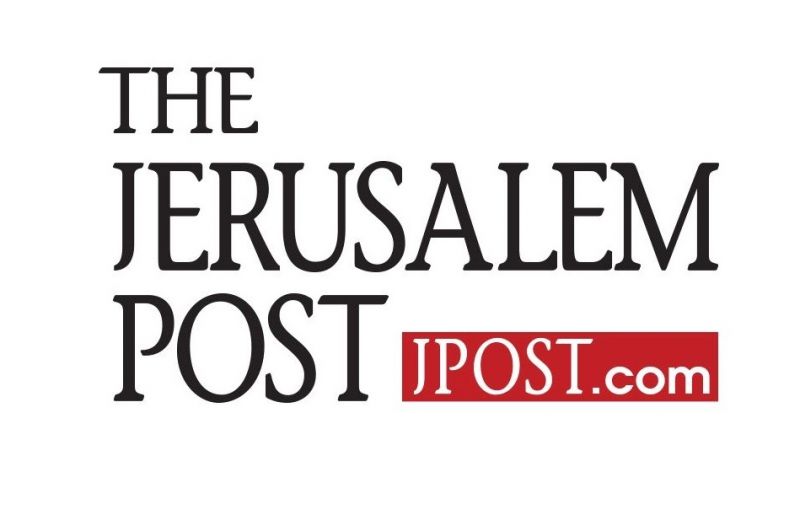 Op-eds
/ Strengthening Israel's Foreign Policy
Op-eds
/ Strengthening Israel's Foreign Policy
The US and Israel have finalized a $38 billion, 10-year Memorandum of Understanding (MoU) governing US military aid to Israel. The MoU underscores America’s commitment to the future of the US-Israel alliance, even during a period of sharp policy disagreement on issues ranging from Iran to the settlements.
The scope of the deal and its provisions on missile defense funding demonstrate a strong commitment to Israel’s qualitative military edge. But a strong aid deal is not all the US can do to enhance Israel’s security and standing in the region.
Following the November elections, the Obama administration will have the opportunity to advance progress on another crucial issue – the stalled Israeli-Palestinian peace process.
The MoU constitutes the largest bilateral military aid package in American history.
It includes $500 million per year in missile defense funding, which until now has been determined separately during an annual congressional appropriations process. The benefit of incorporation is that funding is guaranteed until 2028; the figure does not mark a significant increase in the amount of support that has been provided by Congress.
Once missile defense is accounted for, the increase in aid totals $200m. per year – just under seven%. For reference, 10 years ago the US added $600m. per year, an increase of 25%. This is perhaps reflective of the security situation Israel faced 10 years ago, in the aftermath of the disengagement from Gaza.
The deal’s provisions on missile defense funding allow Israeli strategists to rely on a healthy budget over the next decade.
While guaranteed funding is provided in exchange for Israel’s pledge that it will not lobby Congress for additional funds for the duration of the deal, there is a qualifier: Israel may request additional funds in the event of an emergency such as war.
Israel’s longstanding state of emergency and periodic operations in Gaza and neighboring countries, coupled with support among congressional Republicans for additional funds, calls into question the effectiveness of the anti-lobbying provision. It is very possible that Israel will successfully lobby for additional missile defense funds before the deal ends in 2028.
It does not appear that political and diplomatic initiatives played a significant role in negotiations, despite speculation that Prime Minister Benjamin Netanyahu would have enjoyed greater leverage if he had concluded the agreement prior to the Iran nuclear deal.
Negotiations did not seem tied to progress on the peace process, despite Washington’s focus on a possible end-of-term effort to lay out the parameters of a future Israeli-Palestinian peace deal.
Concluding the deal now, however, provides more leverage should the Obama administration deliver a set of parameters that addresses settlements and other Israeli obstacles to peace.
There are two final points worth noting: first, provisions in the Iran deal on Tehran’s enrichment, and enrichment research and development, are set to expire in 10 years, around the time that the Israel-US MoU will end.
This is not cause for alarm: Iran will remain bound to enrichment restrictions enforced by the International Atomic Energy Agency in accordance with the Non-Proliferation Treaty. It will, however, lend leverage to Israel as it negotiates the successor to this deal.
The final point is that the MoU marks a worthy investment in Israel’s military security that should be met with policies designed to improve its regional security by finally moving toward a political resolution to the Israeli-Palestinian conflict.
The months after the November election will provide the Obama administration with a chance to advance its vision of a final-status agreement. It is clear that such a move would need to address the destructive role of Israel’s settlement enterprise in the peace process.
The MoU is a worthy deal designed to ensure Israel’s security. It should empower the Obama administration to advance a vision of a two-state solution that transforms Israel’s regional standing and further bolsters its regional security.


